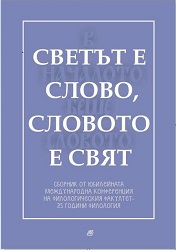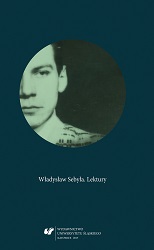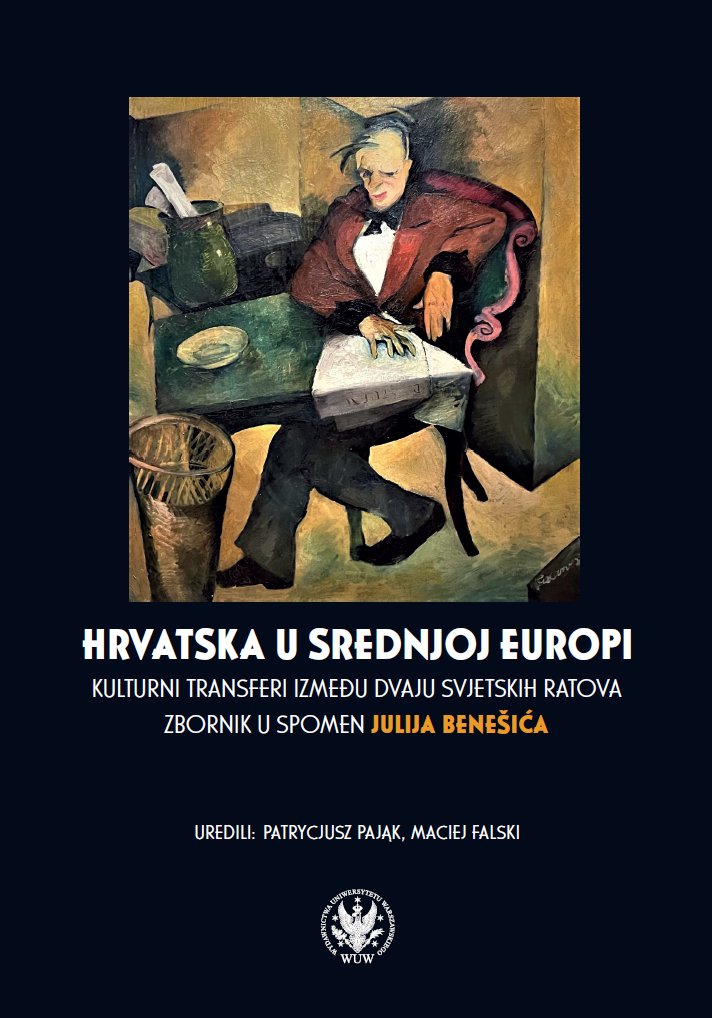
СВЕТЪТ Е СЛОВО, СЛОВОТО Е СВЯТ
In 2016 we have celebrated two significant events: a Silver jubilee to mark the 25th year of the establishment of the Faculty of Philological Studies and the 40th anniversary of the foundation of the South West University in Blagoevgrad. Both events are loaded not only with the symbols of the anniversaries but also with the hard work, perseverance, commitment and emotions of a few generations of scholars and researchers, who devoted their time and work to the elevation of the philological and university knowledge in South-west Bulgaria to the highest ranks in the country. The Collection of articles, offered to the readers’ attention, has been named after the National conference with international participation: “The World is the Word and the Word is the World” since our admiration for the words is in the base of our love to philological knowledge. It comprises most of the conference papers, presented in the event, organised as part of the celebrations of the two anniversaries – of the Faculty of Philological Studies and of the South-West University in Blagoevgrad. The event evoked significant interest, which is a clear sign for the fact that philology and our faculty have a great number of loyal friends not only in our country but also abroad. Our conference attracted more than a hundred philologists from over ten countries – Norway, The Czech Republic, Slovakia, Macedonia, Ukraine, Poland, Serbia, Greece, Croatia, Bosnia and Herzegovina, and, certainly, Bulgaria. Articles by prominent scholars from the major Bulgarian universities – SU ‘St. Kliment Ohridski’, St Cyril and St Methodius University of Veliko Turnovo, PU ‘ Paisii Hilendarski’, BU ‘ Prof. Dr Asen Zlanatarov’ as well as a number of research institutions such as the Bulgarian Language Institute ‘Prof. Lyubomir Andreychin’, the Literature Institute of the Bulgarian Academy of Sciences (BAS), the Institute of Ethnology and Folklore Studies and the Ethnography Museum of BAS, the Institute of Solid-state Physics ‘ Acad. Georgi Nadvakov’ of BAS, the Cyril-Methodius Research Centre of BAS, etc – stand out among the contributions to the Collection. Research papers were presented by scholars from a number of European centres of learning: the University of Oslo, Norway; the University of Eastern Sarajevo, Bosnia and Herzegovina; Macedonia University in Thessaloniki, Greece; Trnava University in Bratislava, Slovakia; Charles University in Prague, the Czech Republic, etc. The multiple contributions present a large diversity of research topics coming from nearly all spheres of philological knowledge – from linguistics and the social nature of language, through philosophy, semiotics and the pragmatics of language to the problems of Bulgarian and European literature and literary theory, of folklore, ethnology, ethnography and the preserving of cultural heritage. The order of the papers, published in the proceedings, follows the conference programme so the reader will be able to choose from the following seven topical areas: 1. Linguistics: synchronic and diachronic research; 2. Language and culture. Language and subculture; 3. Sociolinguistics, folkloristics and ethnology; 4. Modern Bulgarian and world literature; 5. Media, communications and manipulation; 6. Translation and interpretation: theory and practice; 7. Methodology and didactics. One of the main purposes of such publications is the “meeting” and exchange of a multitude of scholarly ideas, as well as ideas of how we as philologists and humanity scholars can continue our work in a world set on the fast track and full of challenges, where the pragmatism of thought would often put established models on trial. The proceedings are printed on 537 pages and each text is accompanied by an annotation in English with keywords, for easier orientation in the topic area, and author’s E-mail contacts. Foreign language texts are printed in the original so that their meaning and ideas would not be lost in translation. The editors and authors of the conference proceedings, entitled “The World is the Word and the Word is the World”, hope that the present publication is compatible with modern philological research, matches the pragmatic ideas for the development of philology as a science, as well as satisfies the insatiable thirst for knowledge and explanation of philological issues, phenomena and facts from the world around us.
More...

